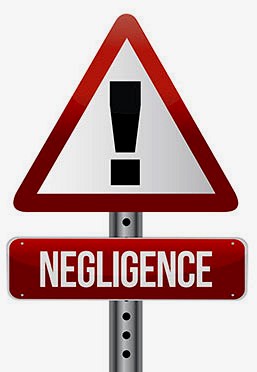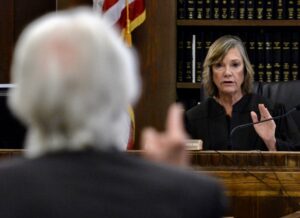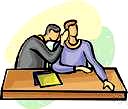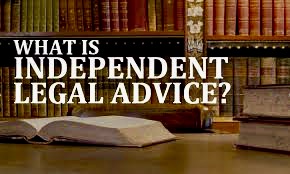
A claim in professional negligence requires a duty of care, a breach of the standard of care and a causal relationship between that breach and damages suffered.
The core issue is generally as the professional’s conduct below the standard of care required of a competent professional in that field.
In a lawyer negligence case , the Supreme Court of Canada in Central Trust v. Rafuse, [1986] 2 S.C.R. 147 at 208:
[a] solicitor is required to bring reasonable care, skill and knowledge to the performance of the professional service which he has undertaken. The requisite standard of care has been variously referred to as that of the reasonably competent solicitor, the ordinary competent solicitor and the ordinary prudent solicitor.
[Citation omitted.]
Citing Zink v. Adrian, 2005 BCCA 93 at para. 23, the plaintiffs submit that it is well-settled that the standard of care includes the following requirements:
(1) To be skilful and careful.
(2) To advise his client on all matters relevant to his retainer, so far as may be reasonably necessary.
(3) To protect the interests of his client.
(4) To carry out his instructions by all proper means.
(5) To consult with his client on all questions of doubt which do not fall within the express or implied discretion left to him.
(6) To keep his client informed to such an extent as may be reasonably necessary, according to the same criteria.
Expert Advice
The courts generally want to hear the expert opinion evidence of a senior practitioner in that are as to the common competent practice.
The Court referred to the “common sense” discussion provided by Justice Southin (in concurring reasons) in Zink (at paras. 43–44):
[43] But it does seem to me that in cases of alleged negligence by a solicitor, judges can only rarely make such a finding in the absence of expert evidence as to the standard of a competent solicitor conducting the business in question.
[44] The judge can only properly do so, in my opinion, if the matter is one of “non-technical matters or those of which an ordinary person may be expected to have knowledge.” See Anderson v. Chasney, [1949] 2 W.W.R. 337 at 341 (Man. C.A.). There is an underlying reason – the expert witness can be cross-examined with a view to showing he knows not whereof he speaks. But the parties have no means of discrediting a judge’s implicit assertion that he knows the proper way to conduct a certain kind of legal business. One must not overlook that the reason some judges are judges is that whilst they were practising the profession they were of a standard far above that of the ordinary reasonably competent member of the profession.




